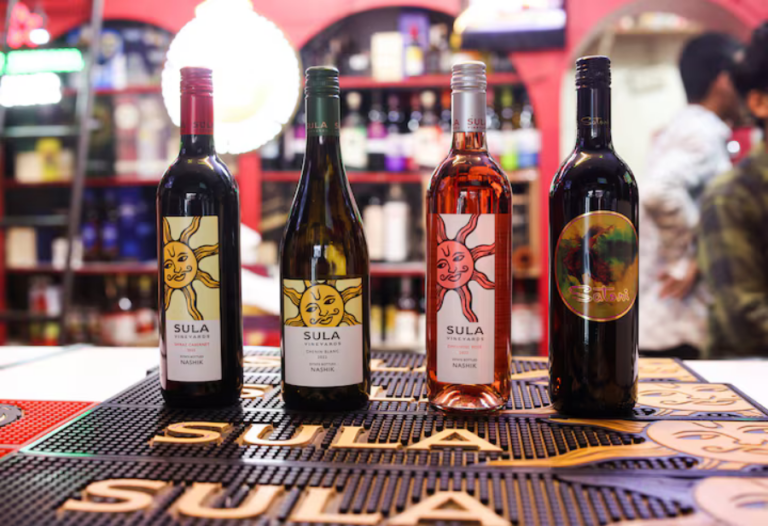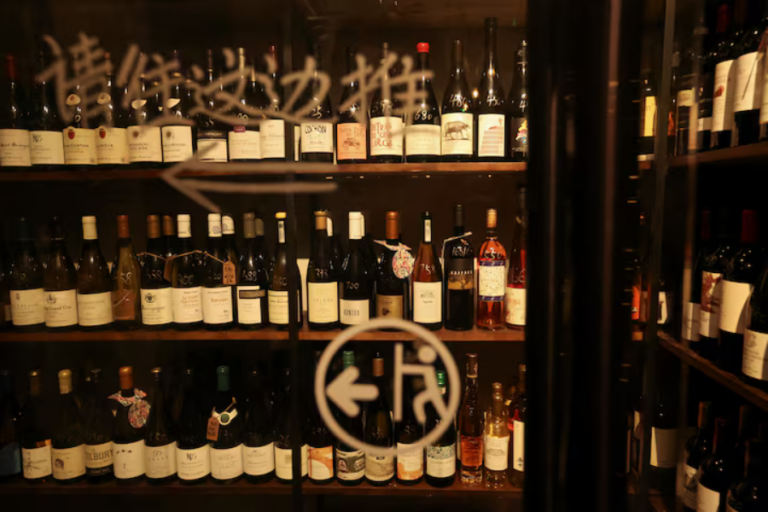France and EU to spend 215 million euros shoring up struggling wine producers

The French Ministry of Agriculture initially allocated 160 million euros ($173 million) for a crisis program enabling certain growers to sell surplus stock to distillers, who convert it into other alcoholic products such as hand sanitizer. Due to high demand for this voluntary buyback program, announced in June, the budget has been increased to 200 million euros, according to a statement from the Ministry on Friday.

As of 2020, France was the world’s second-largest wine producer and the leading wine exporter. However, the industry has faced challenges since the Covid-19 pandemic, including inflation, shifting consumption patterns, and climate change-related poor harvests that threaten French vineyards’ future. Last year’s good harvest, combined with declining demand, has led to a surplus across Europe.
Production for the current year is estimated to be about 4% above average, but consumption has dropped significantly: 7% in Italy, 10% in Spain, 15% in France, 22% in Germany, and 34% in Portugal. EU wine exports from January to April this year are also down by 8.5% compared to the previous year.

The EU has noted that this market situation is causing sales difficulties for wine growers and producers, reducing market prices and leading to significant income losses, especially in regions hardest hit by these trends. Reds and rosés from specific areas in France, Spain, and Portugal are particularly affected.
In response, the French government is advising wine growers to consider alternative crops to adapt to climate change and evolving market conditions. Additionally, the Ministry of Agriculture has introduced a plan to offer up to 6,000 euros ($6,500) per hectare (2.5 acres) to assist growers in safely removing their vines.





